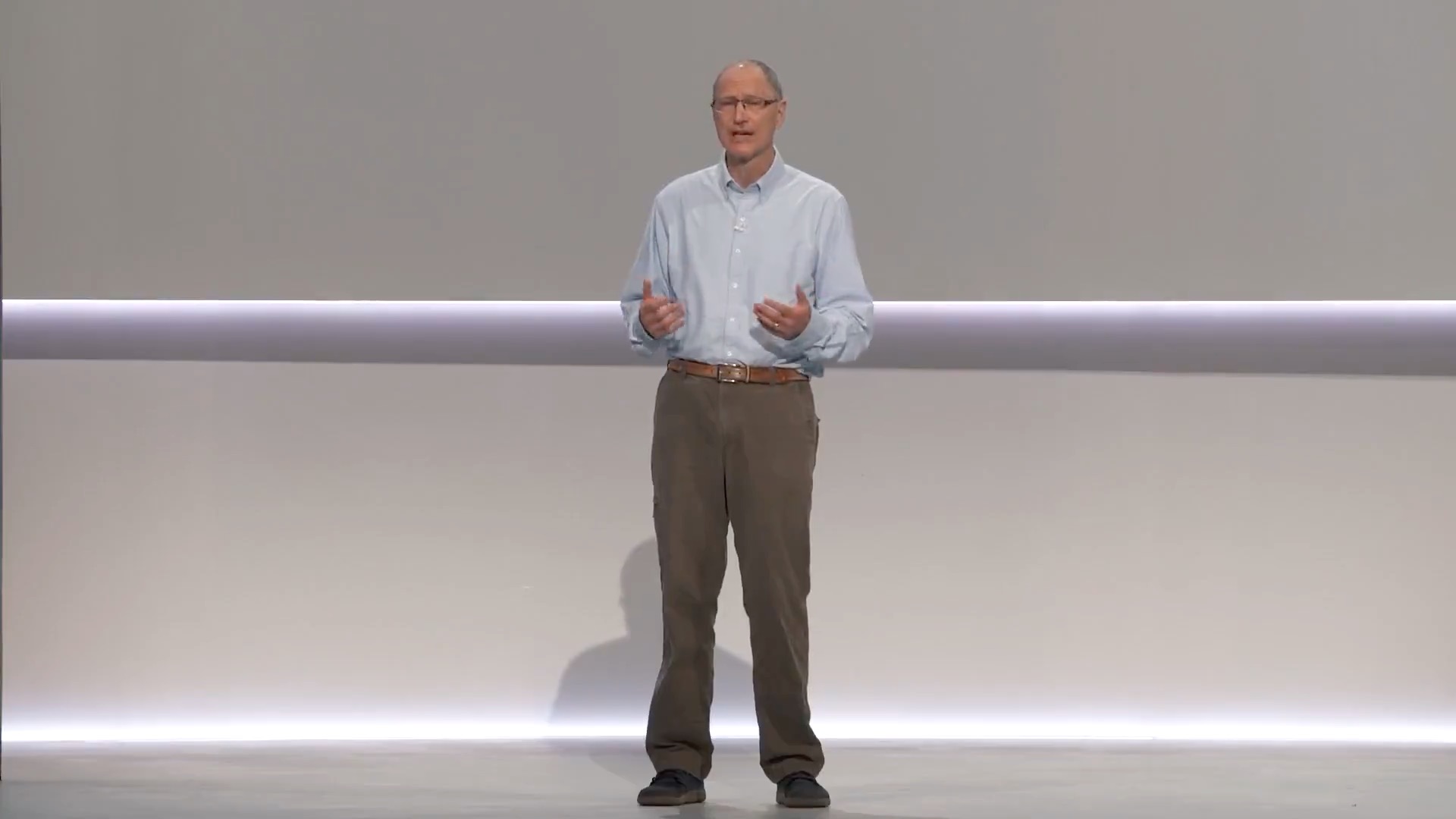Developer Offer
Try ImaginePro API with 50 Free Credits
Build and ship AI-powered visuals with Midjourney, Flux, and more — free credits refresh every month.
OpenAI Explores Smart Glasses Despite Altman Dislike
Recent reports indicate that OpenAI is considering the development of ChatGPT-powered glasses, a surprising turn given CEO Sam Altman's previous public statements against the technology.
Altman's Public Rejection of Smart Glasses
Just a few months ago, in July, Altman was spotted at the Sun Valley Conference wearing sunglasses with noticeably thick temples. When questioned by the press if he was wearing smart glasses, his response was direct and clear: "no, absolutely not, I don't like smart glasses".

OpenAI's Official Move into Hardware
This statement came only two months after OpenAI formally announced its foray into hardware. The company acquired io, a hardware startup from veteran Apple designer Jony Ive, and entered into a design partnership with his studio, LoveFrom. At that time, The Wall Street Journal reported that Altman had told staff the first product would be a screenless, pocket-sized device, specifically clarifying that it would not be glasses or another wearable.
A Shift in Strategy: A Whole Line of Devices
Now, it appears the company's hardware ambitions may be expanding. A new report from The Information claims that OpenAI is actively poaching design, manufacturing, and supply chain talent from Apple to build out "a whole line" of devices. According to the report, this potential product lineup includes a smart speaker and the original pocket device, but the company has also "considered" creating smart glasses, a digital voice recorder, and a wearable pin. Given that OpenAI's first devices are not expected until late 2026 or 2027, any potential glasses are likely many years away.
The Competitive Landscape for AI Wearables
While OpenAI deliberates, the market for AI-powered wearables is rapidly advancing. Meta's Michael Abrash has outlined a vision for future smart glasses that use always-on sensors to deliver spatial "contextual AI," offering users proactive advice. With the rate of adoption for smart glasses growing, this technology could become a primary way people interact with AI. This would give competitors like Meta, Google, and Apple a significant head start, potentially leaving OpenAI behind. Could Altman's initial dismissal of the form factor end up being a major miscalculation?

Compare Plans & Pricing
Find the plan that matches your workload and unlock full access to ImaginePro.
| Plan | Price | Highlights |
|---|---|---|
| Standard | $8 / month |
|
| Premium | $20 / month |
|
Need custom terms? Talk to us to tailor credits, rate limits, or deployment options.
View All Pricing Details

